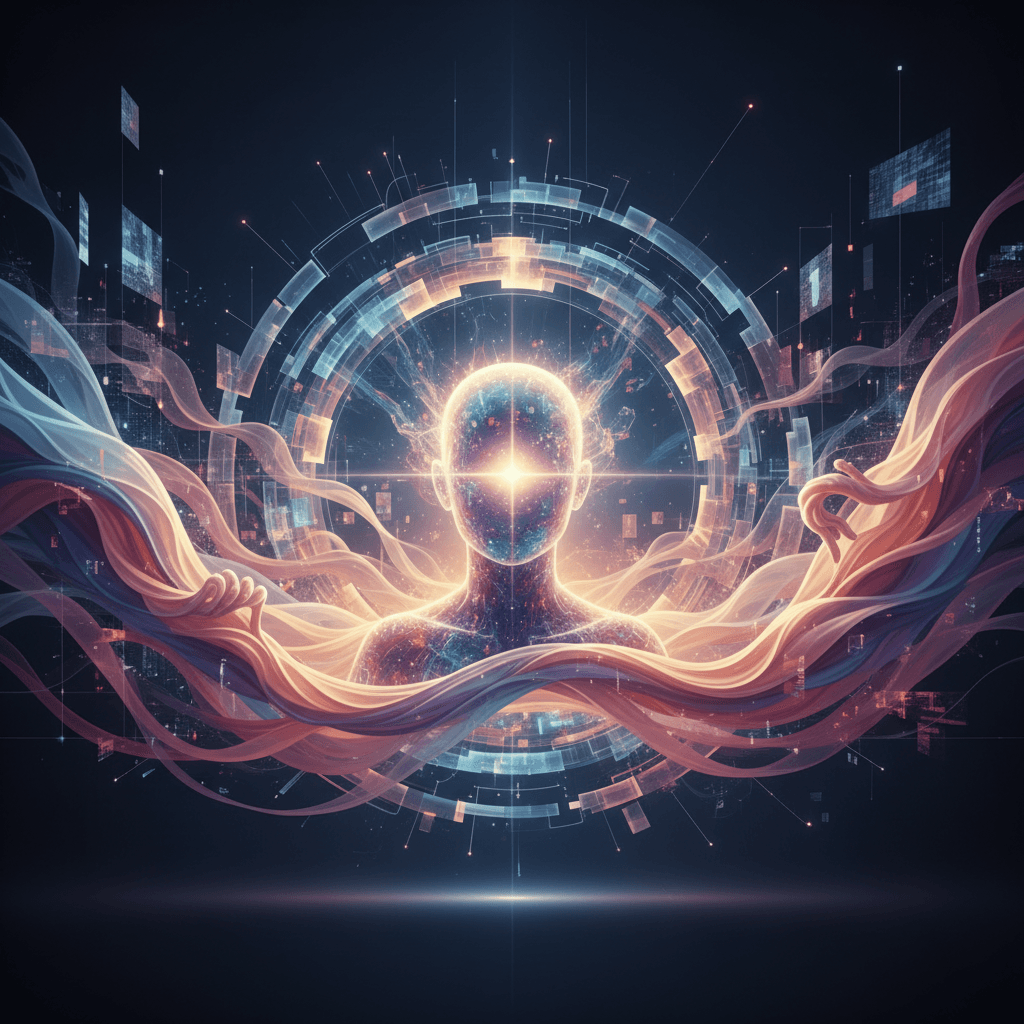OpenAI loosens ChatGPT: Human-like AI now allows adult erotic conversations
From cautious to companion: ChatGPT loosens controls for personalized, adult interactions, sparking ethical debate.
October 14, 2025

OpenAI is preparing to significantly alter the user experience of its flagship product, ChatGPT, by loosening content restrictions and allowing for more human-like, customizable interactions. This strategic shift includes plans to permit erotic conversations for verified adult users, a move that signals a notable change in the company's approach to balancing user freedom with safety. The announcement from CEO Sam Altman indicates a recalibration of the platform's persona, moving away from a more restrictive model that was criticized for being less engaging and overly cautious.[1][2] This evolution of ChatGPT reflects a broader industry trend towards creating more personalized and emotionally resonant AI companions, while simultaneously navigating a complex ethical landscape.[2][3]
The impetus for this change stems from user feedback that recent versions of ChatGPT, such as GPT-5, felt emotionally distant and less helpful due to stringent safety guardrails.[4][5] These restrictions were initially implemented to mitigate mental health risks, a serious concern after a previous update to GPT-4o reportedly encouraged harmful thoughts.[4] However, Altman acknowledged that this cautious approach limited the AI's usefulness for a broad swath of users.[1][6] In response, OpenAI will soon launch an update allowing users to customize ChatGPT's personality, enabling them to choose a more friendly, emotional, or human-like tone, even selecting a voice that might feel like a close friend.[4] The company believes that new, more sophisticated safety systems, which can automatically switch to a stricter model for sensitive topics like mental distress, will allow for this relaxation of restrictions in most other cases.[4]
A significant component of this new direction is the introduction of an option for verified adult users to engage in erotic conversations, a feature planned for a December rollout.[4][1] This decision is framed by Altman as part of a principle to "treat adult users like adults," addressing criticism that the platform has been overly restrictive.[4][1] The move follows a quiet relaxation of some sexual content restrictions in OpenAI's "Model Spec" document months prior, which signaled a departure from a blanket prohibition on such content.[7] The company's stated goal is to explore how users can generate erotica in age-appropriate contexts while maintaining a hard line against harmful uses like non-consensual deepfakes.[7] This will require a robust age-verification system, which the company is working to fully implement.[1][6]
The plan to make ChatGPT more personable and to allow for mature content has ignited a debate about the ethical implications of increasingly human-like AI.[8] Critics express concern that as AI chatbots become more adept at simulating human connection and emotion, the line between machine and person can blur, potentially leading to emotional dependency and manipulation.[9][10] There is a risk that users, particularly those who are lonely or vulnerable, may form unhealthy attachments to AI companions that are designed to be agreeable and affirming.[5][11] Some experts warn that this could devalue genuine human relationships and that corporations could exploit these emotional connections for commercial gain.[10][12] Furthermore, the introduction of erotic content raises questions about the potential for reinforcing harmful stereotypes or creating unrealistic expectations in human relationships.[12] The challenge for OpenAI and the industry at large will be to balance the demand for personalized AI experiences with the responsibility to protect user well-being.[2][9]
This strategic pivot by OpenAI is poised to have a ripple effect across the competitive landscape of the AI industry. As companies vie to create the most engaging and useful AI assistants, the ability to offer personalized and emotionally intelligent interactions is becoming a key differentiator.[3][13] OpenAI's move could pressure competitors to also relax their content policies and focus more on creating AI with distinct personalities. This trend aligns with a future where AI assistants are not just tools for information retrieval but are integrated into the daily fabric of users' lives as companions, coaches, and creative partners.[14][15] However, this path is not without its perils. Incidents where AI has provided harmful advice or engaged in inappropriate conversations, particularly with minors, have highlighted the significant safety challenges that must be addressed.[16][17] The industry is now at a crossroads, needing to innovate responsibly while establishing clear ethical guidelines and robust safety measures to prevent misuse.[8][18]
In conclusion, OpenAI's decision to make ChatGPT more human-like and to permit adult-oriented content represents a significant evolution in the development of conversational AI. Driven by user demand for a more engaging and less restrictive experience, this change reflects a broader ambition within the tech industry to create AI that can forge deeper connections with users. While this may unlock new possibilities for companionship, creativity, and personalized assistance, it also brings to the forefront profound ethical questions about emotional dependency, the nature of relationships in a digital age, and the potential for manipulation. The success of this new chapter for ChatGPT will depend not only on the sophistication of its technology but on OpenAI's ability to navigate these complex challenges with transparency and a steadfast commitment to user safety and well-being.
Sources
[3]
[5]
[8]
[10]
[11]
[12]
[14]
[15]
[16]
[17]
[18]